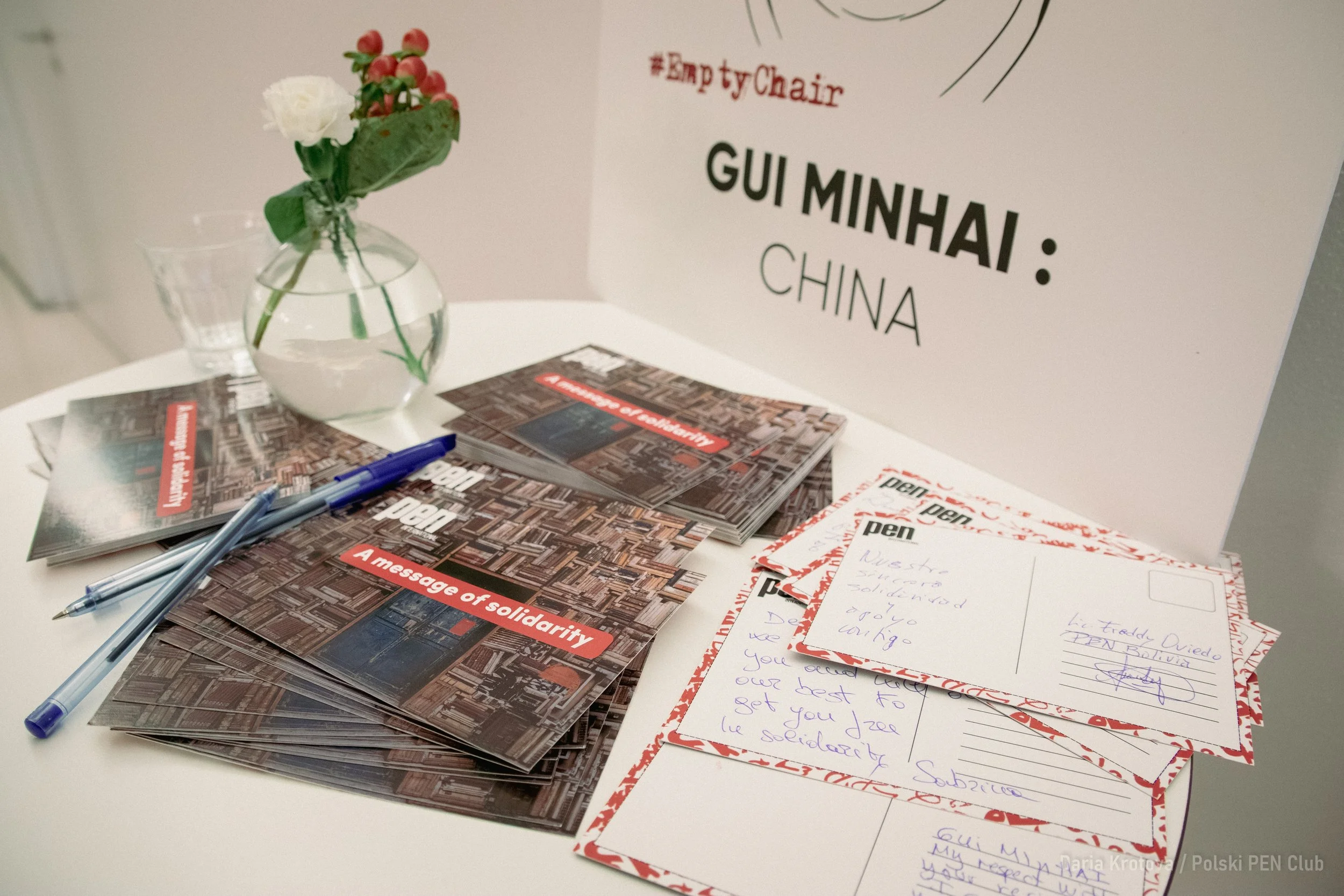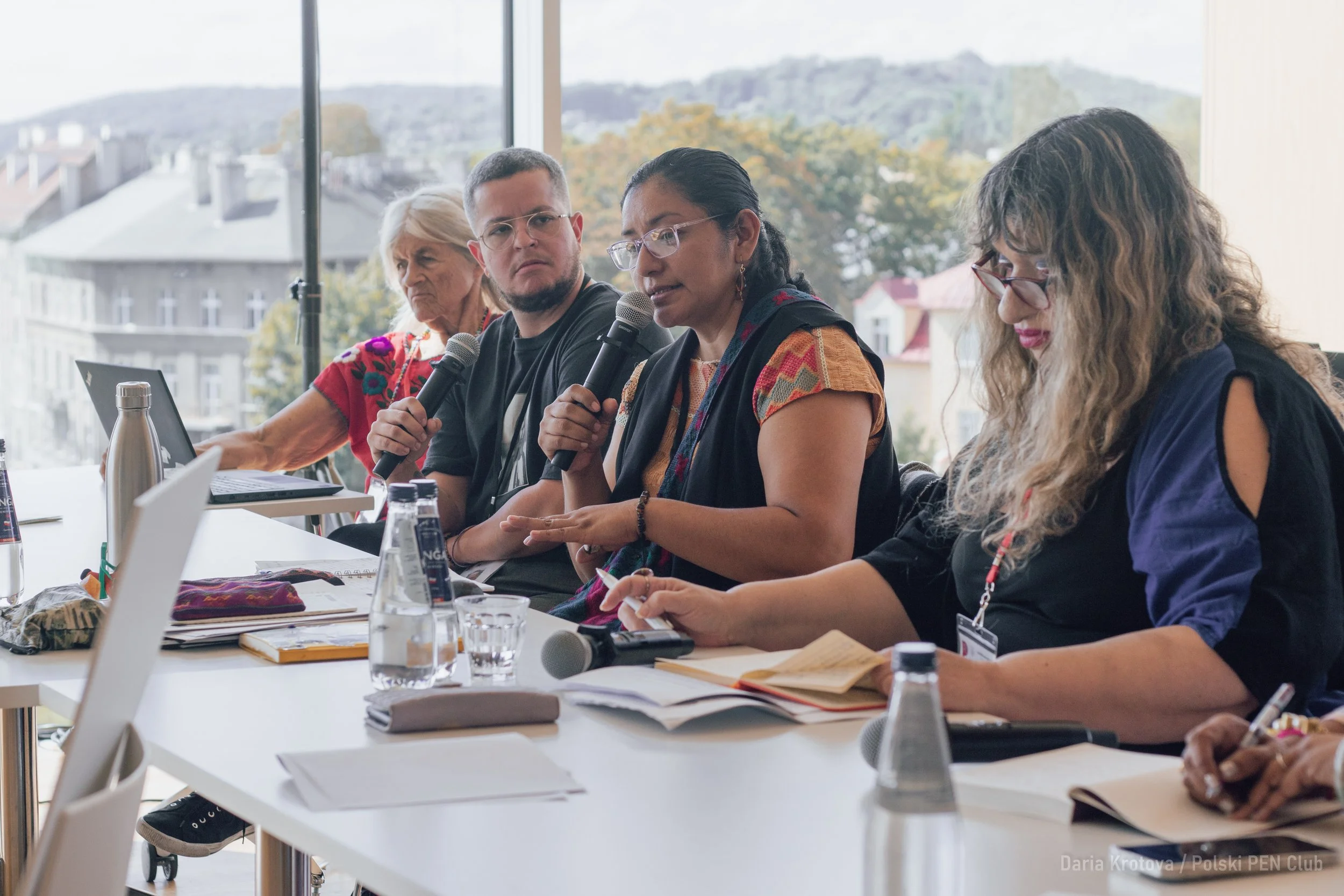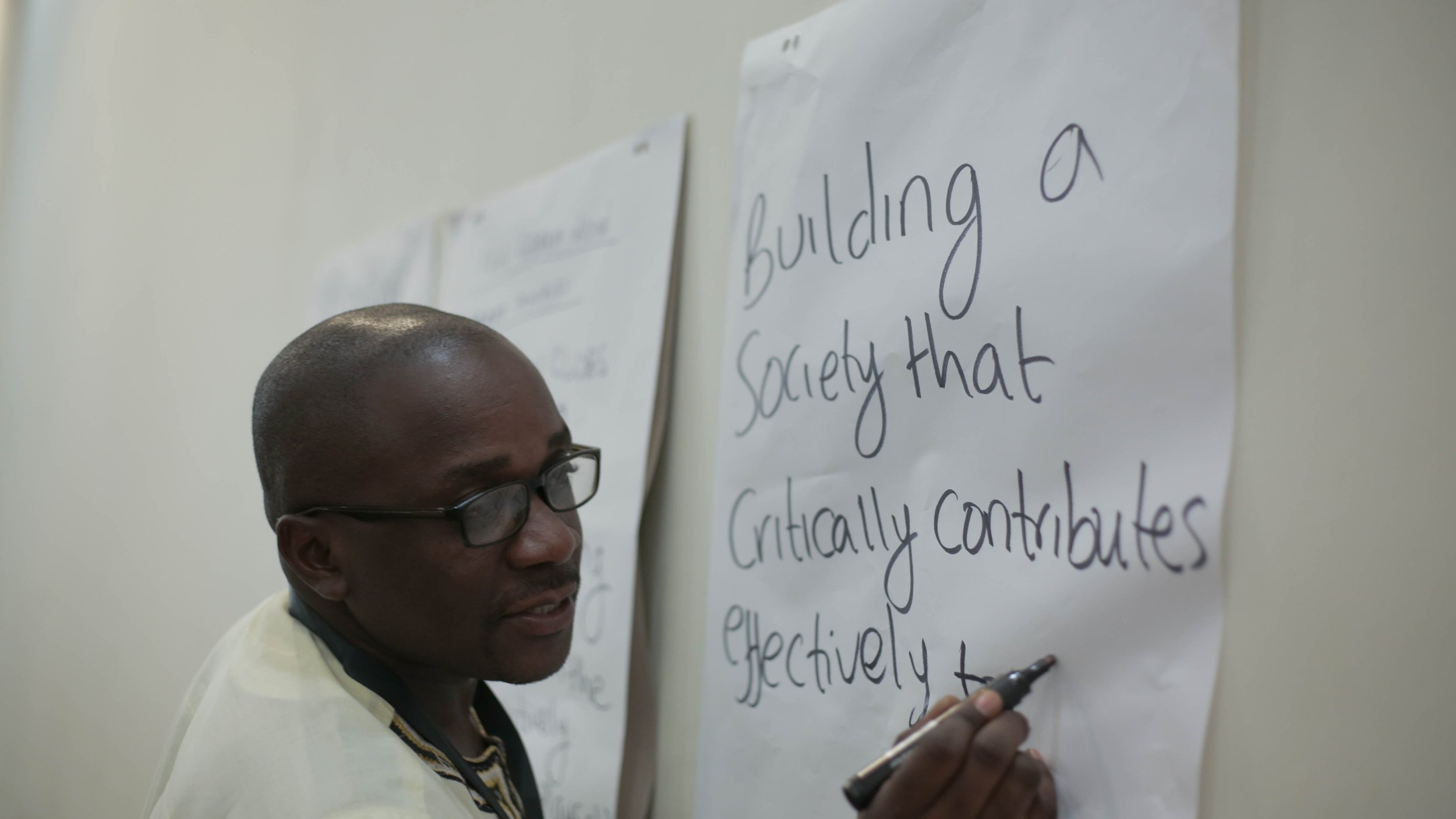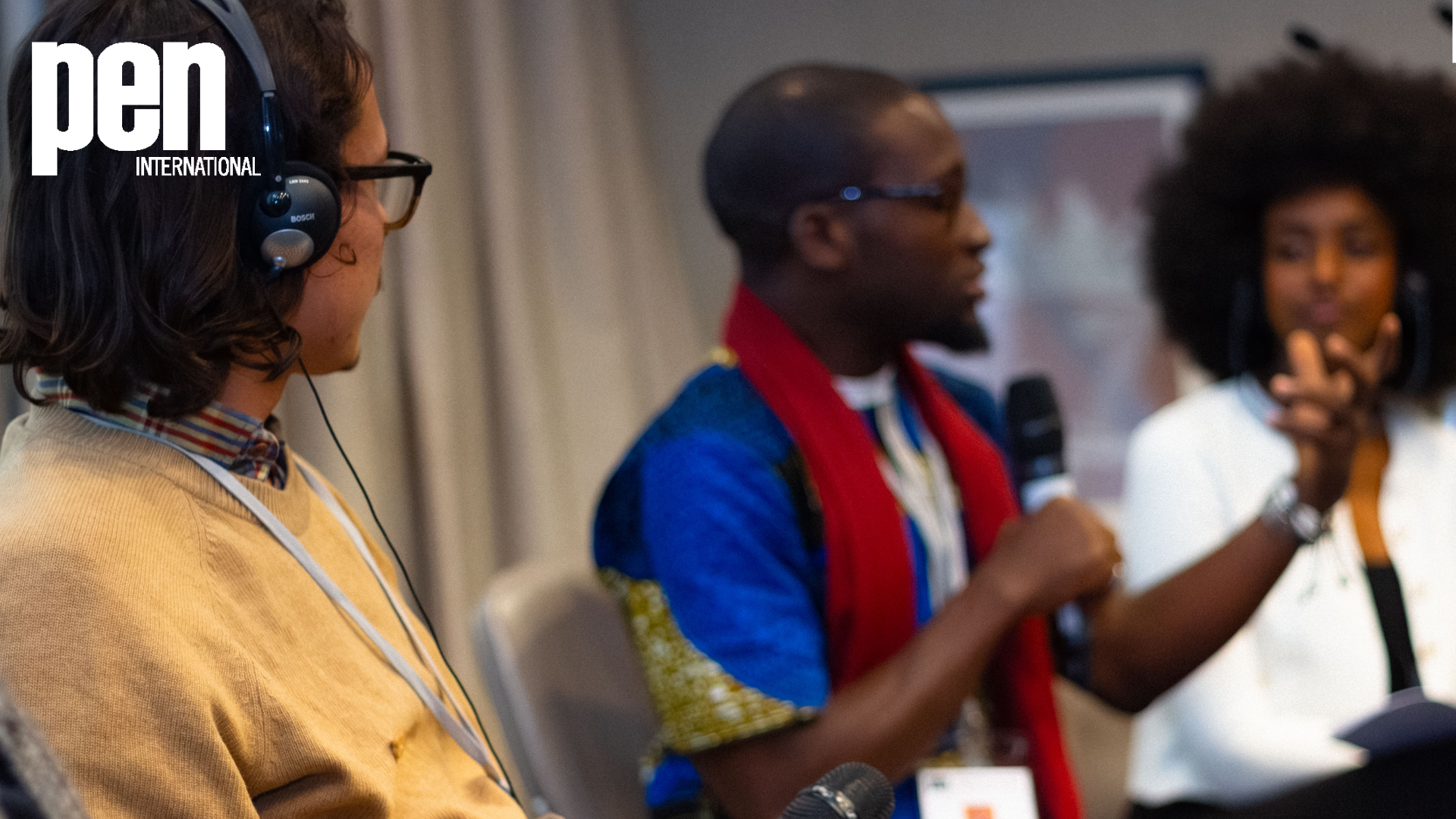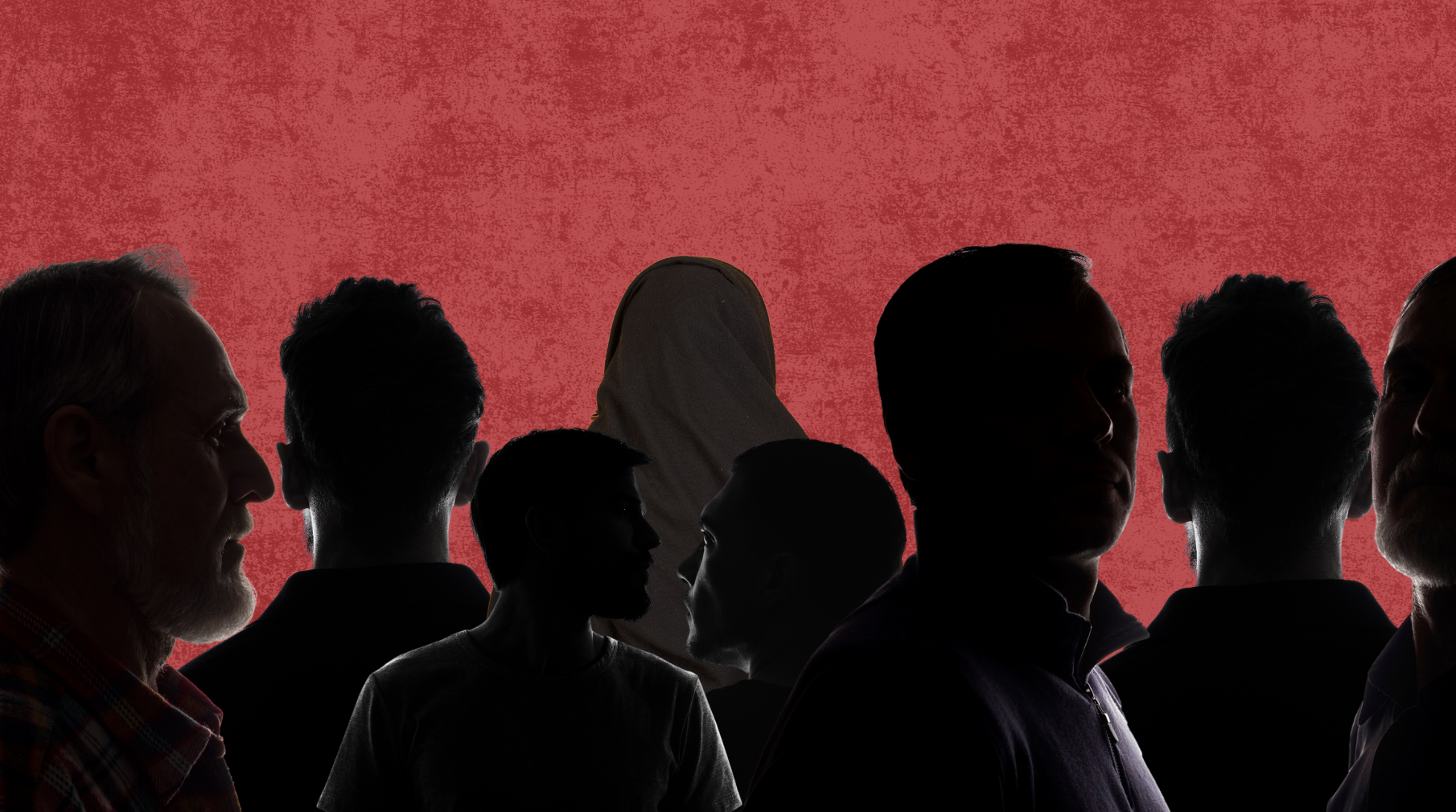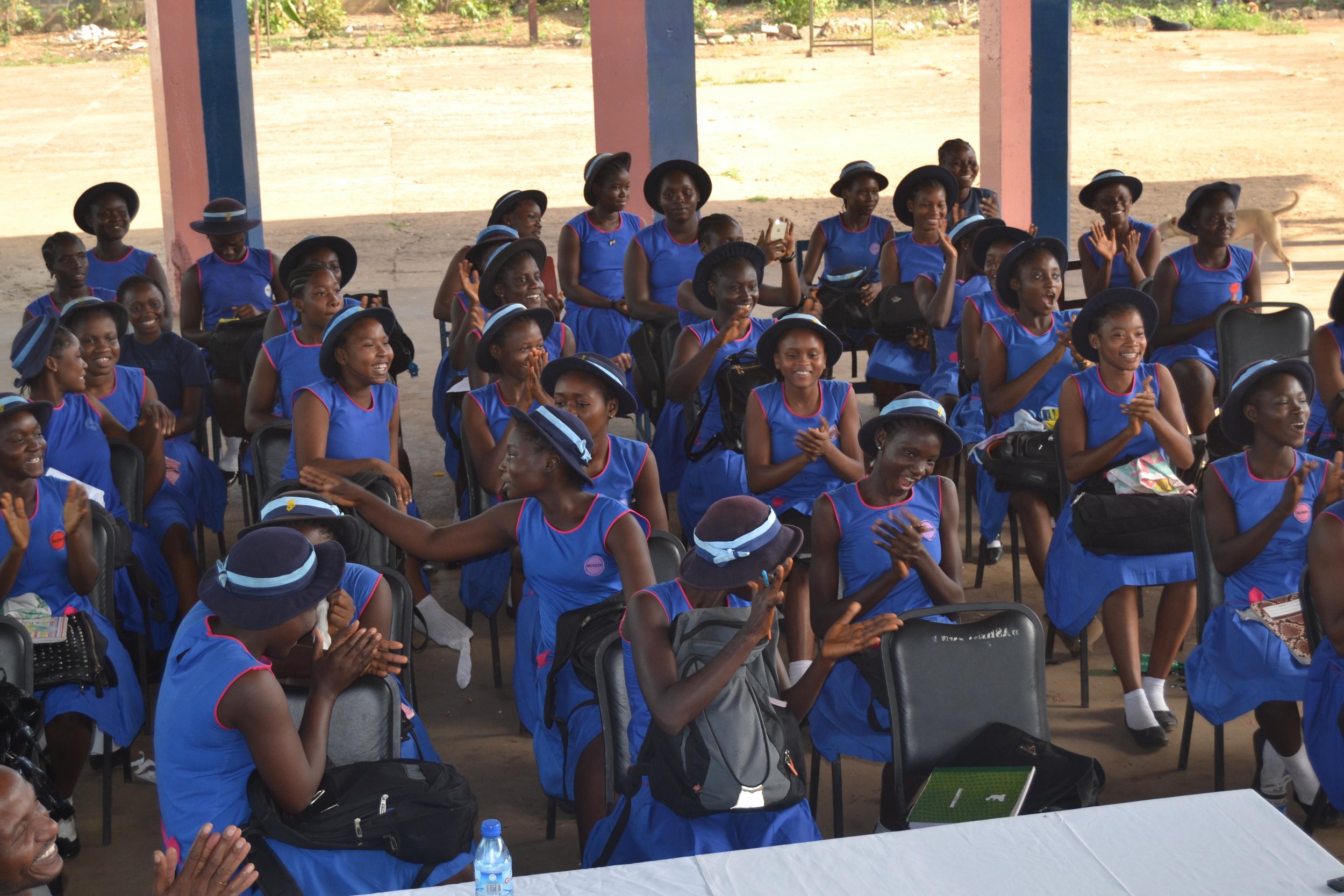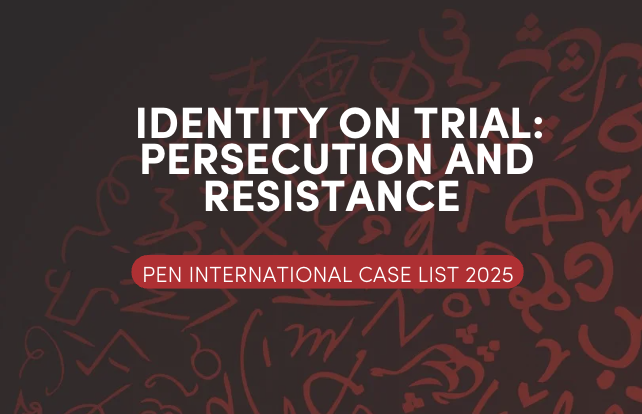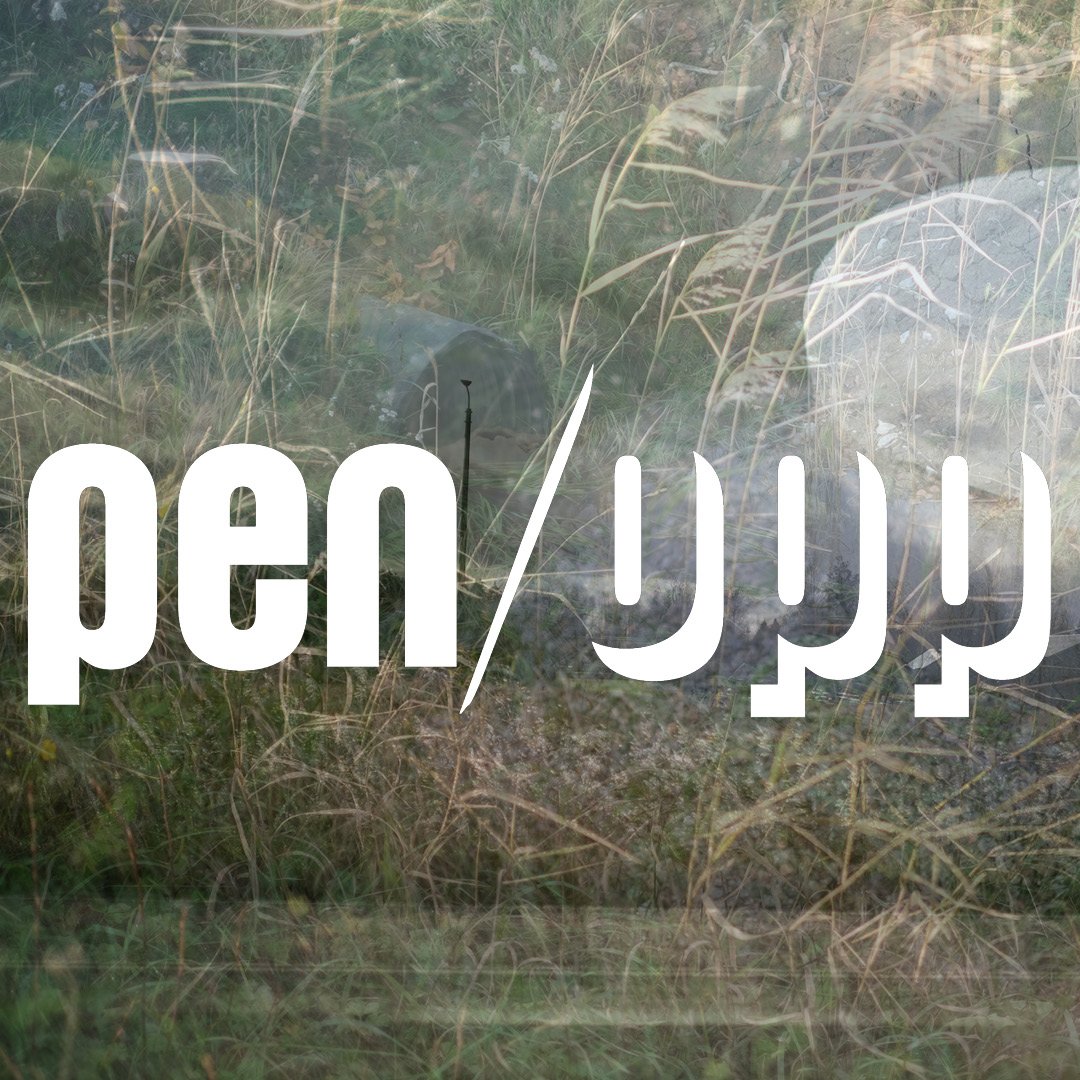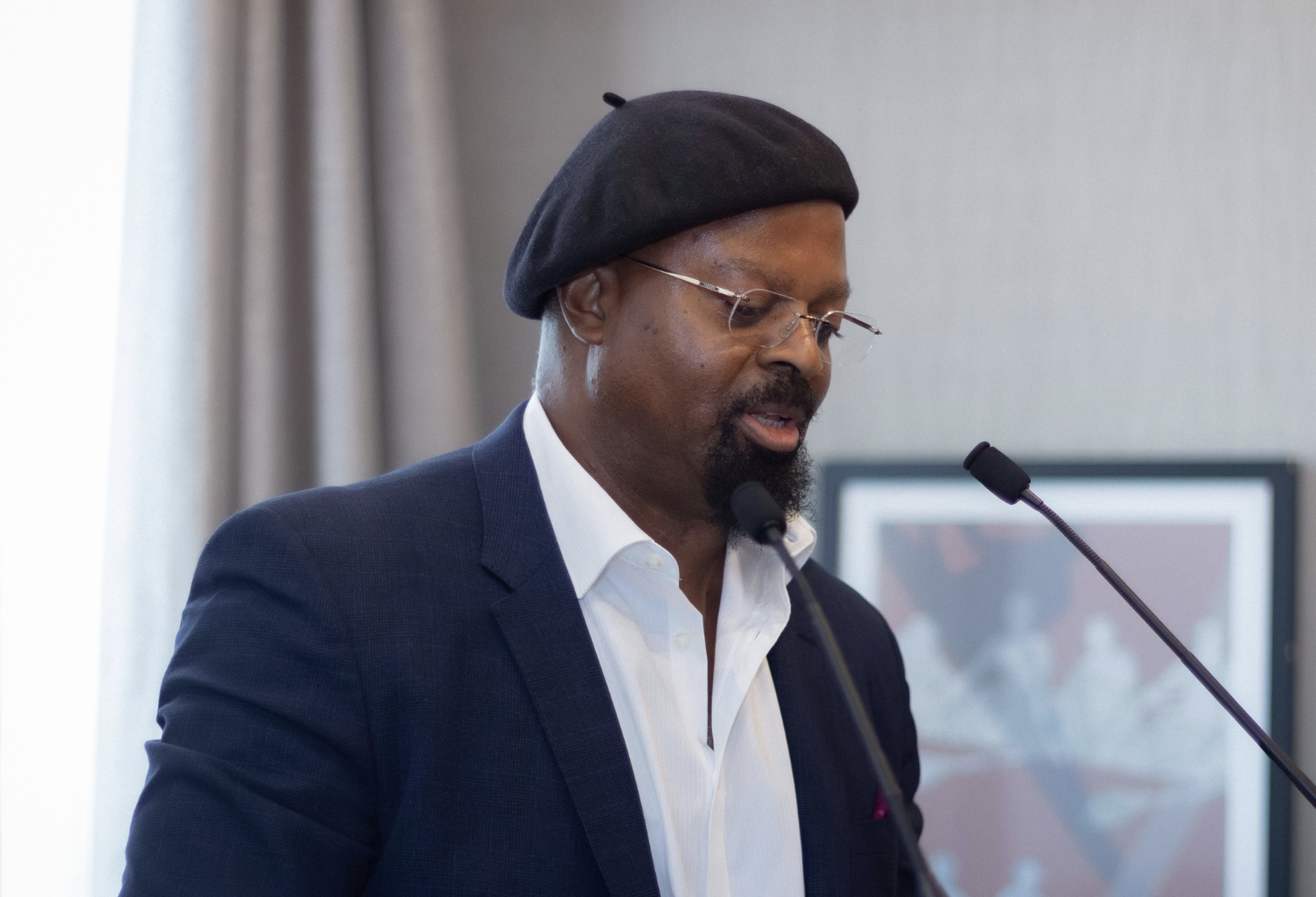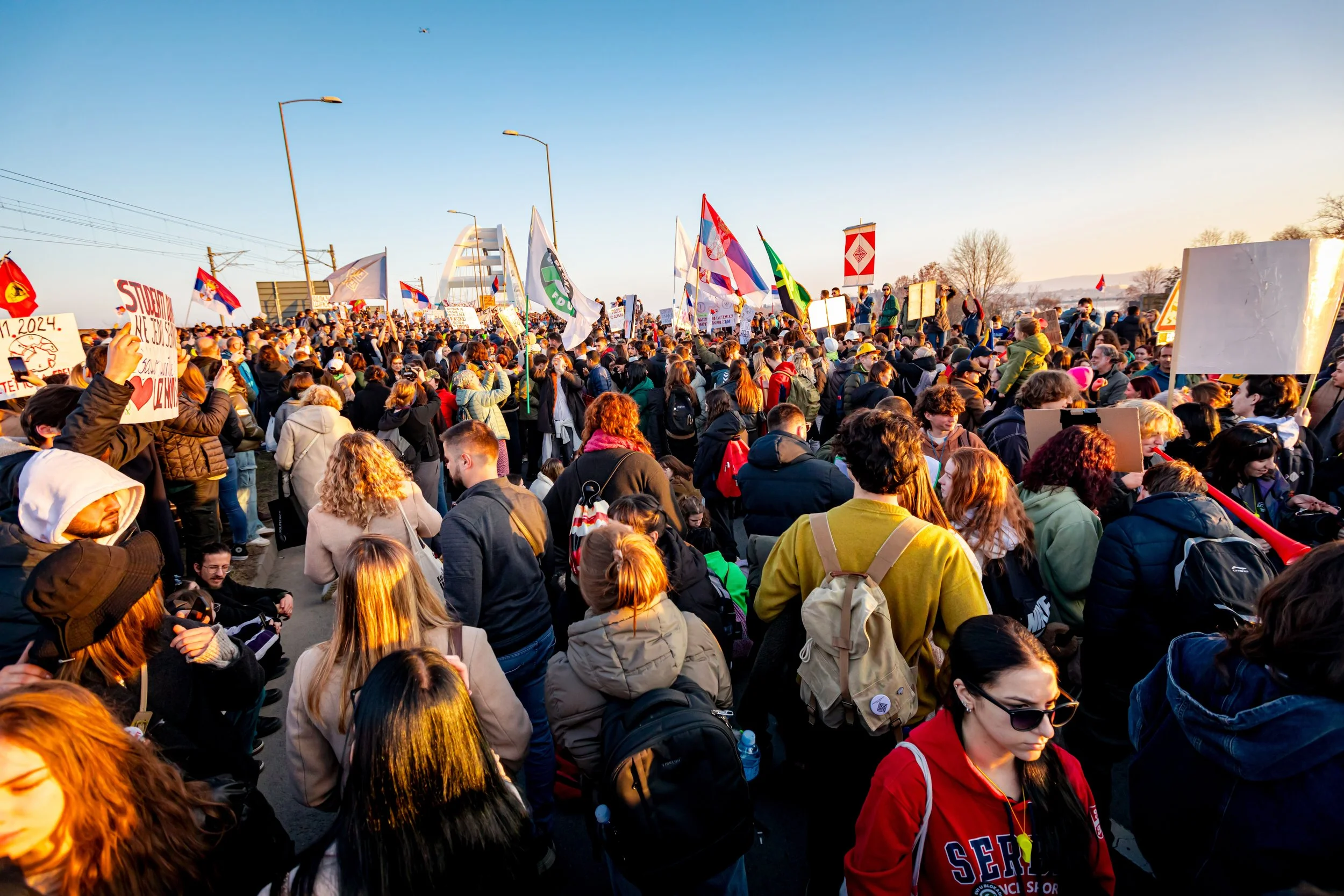
What we do
Supporting writers at risk
Campaigns
Every day, countless writers are detained, harassed, persecuted or even killed for the practice of their profession. We will not let their voices be silenced. We raise awareness of their cases, campaign against abuses and lobby governments for imprisoned writers’ release. We demand investigations into cases of torture, disappearances, and killings. We show solidarity, provide encouragement and hope to persecuted writers and their families. By harnessing the power of our members and supporters, we work for a world where the right to freedom of expression is respected everywhere.
Policy & advocacy
Our policy and advocacy work promotes freedom of expression and defends writers at risk at national, regional and international levels. We are governed by the PEN Charter which has guided, unified and inspired our members for over 100 years.
-
We work with PEN members in 147 Centres in over 100 countries to produce the evidence-based research which shapes our policy positions. Every year at the PEN International Congress, PEN Centres pass resolutions on the most urgent developments affecting freedom of expression and writers at risk.
-
We hold meetings with key decision makers to secure legislative and policy change. We work with national governments, regional human rights bodies and international organisations. We submit reports and recommendations, including submissions to the Human Rights Council’s Universal Periodic Review.
-
The United Nation’s Universal Periodic Review (UPR) process allows UN member states to peer-review each other’s human rights record. Through the UPR we provide the UN with the latest research on freedom of expression and writers at risk in countries of concern. We also hold advocacy meetings with writers from countries under review ahead of the UPR, to ensure that freedom of expression and writers at risk are prioritised.
Our UPR submissions can be accessed here.
-
Each year at the PEN International Congress, the PEN community passes resolutions on urgent developments concerning freedom of expression and writers at risk. These resolutions shape our policy positions and empower PEN Centres around the world to advocate with their own governments to secure meaningful change for writers.
Our resolutions can be accessed here.
Image Credit: Daria Kosova
Congress
More than just the Annual General Meeting, Congress serves as a pivotal platform for the global PEN community to engage in discussions on contemporary issues, literature, and freedom of expression.
Each Congress is characterised by a unique theme set by the host PEN Centre, reflecting the pressing issues relevant to its members and the region. Recent themes have encapsulated the essence of the host country: Freedom of Words, Words of the Free (Poland 2025), Writers in a World at War (Oxford 2024), The Truth of Fiction and the Fiction of Reality (Online 2023), The Power of Words: Future Challenges for Freedom of Expression (Sweden 2022).
PEN Emergency Fund
Founded in 1971 and based in the Netherlands, the PEN Emergency Fund works with PEN International to provide humanitarian assistance to persecuted writers. The Fund can provide writers and their families with a one-off allowance of up to €2000 for a range of urgent needs such as safe passage, medical assistance and general support towards living expenses.
Research
PEN International investigates and reports on violations of the right to freedom of expression around the world. This informs our campaigns on behalf of persecuted writers, and our advocacy for changes to restrictive laws and practices. We draw on our research when submitting concerns and recommendations to various international and regional human rights bodies.
Protecting and Platforming Marginalised Voices
Photo Credit: Roberk Brooks
PEN International launches its Young Writers Committee
A global network of young writers, creatives, and cultural changemakers dedicated to amplifying youth voices and defending freedom of expression, with representatives from PEN Centres worldwide.
War on Writers: Stories of writers killed in Gaza (2023-2024)
In the face of escalating violence and turmoil, the voices of Palestinian writers have been deliberately silenced. The massive loss of life, which became a primary characteristic of the war on Gaza, included a staggering number of Palestinian artists and writers.
Civil society programme
PEN International's civil society programme (CSP), supported by Sida, works to promote reading and writing in education and to bring empowerment through literature around the world.
The CSP supports PEN Centre-led projects and provides training to PEN Centres, helping them identify needs, fundraise, organise campaigns and engage with local communities.
Case lists
Our annual Case List provides a global overview of attacks, imprisonment and persecution of writers and those who use the written word to express themselves, including an overview of key events that have impacted on freedom of expression by regions, and a summary of cases of concern to PEN.
Celebrating Literature
In/equity in expression
Together with our Centres, we aim to amplify the voices of marginalised writers in global conversations and advocate for mutual respect. We do this through campaigning, fostering peace, cross-cultural dialogue, education, literary exchanges, and translation.
PEN/Opp
Founded in 2011, PEN/Opp is an international online magazine that publishes works by writers and journalists who are censored in their home countries, aiming to promote democracy and connect readers, writers, and media globally.
In the latest issue of PEN/Opp, Uladzimir Liankievič’s My Testament offers a powerful reflection of hope amid Belarus’s enduring struggle, exploring memory and resistance.
Photo Credit: Roberk Brooks
Literary Voices
We are proud to feature Sir Ben Okri's powerful essay written for PEN International 90th Congress held in Oxford, UK, September 2024.
His powerful words capture literature’s vital role in defending human rights and freedom of expression.

IMPACT
The Invisible Child
Working with Moomin Characters Ltd, the Finnish family company founded by beloved children’s writer and artist, Tove Jansson, we have launched an initiative to translate the famous Moomin story The Invisible Child into a number of minoritized languages. The book will be distributed in schools to help nurture the love of reading, critical thinking and creative writing.

